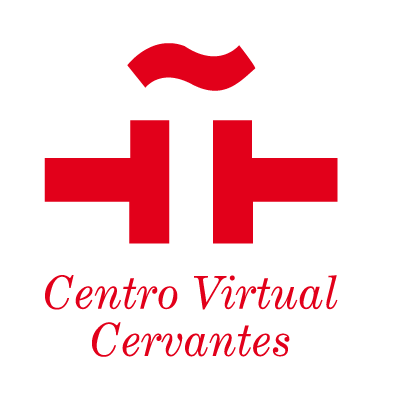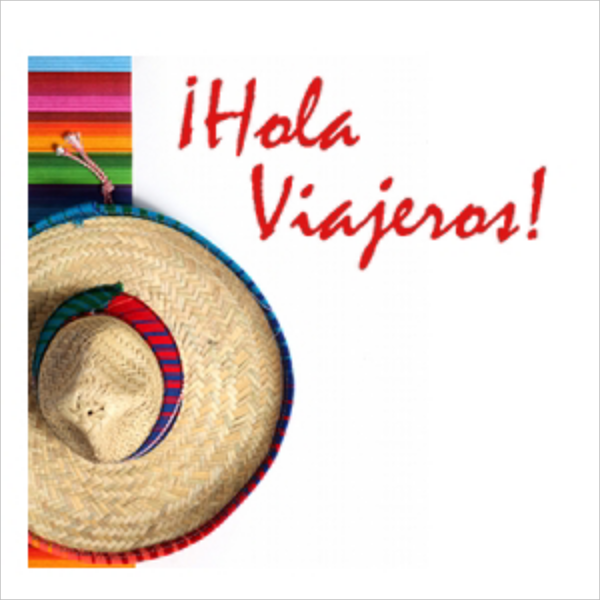Actively Learn Spanish Books
Description:
This is a large collection of texts in Spanish including: short stories, biographies, autobiographies, and nonfiction books for more advanced readers.
Lecturas paso a paso
Description:
Divided into three different levels, this site offers short stories or excerpts from books in an easy-to-read format. The readings include glossed vocabulary, activities and pre-reading and post-reading activities.
Activity Ideas:
Using the beginning level story of "Por soñar:
Interpretive: Students copy and paste the exisiting glossary into a word document. As they read, they need to add 6-10 unknown words to the glossary including an illustration for each like the examples given.
Interpersonal: This story assumes the reader knows what happened on the day described. Students will be in a team of two and will play a game similar to Taboo to describe historical events and get their partner to say it.
Presentational: Students have two options for a writing assignment: 1) write a story about the first time they met someone important in their life. They should use third-person as was done in the note left by Frank. 2) Finish this story giving more detail about Frank and Marta interacting for the first time and how this evolved into the relationship they have now.
Audio Book in Slow Spanish
Description:
Created by a Spanish teacher, this site has material originating from News in Slow Spanish. Eleven different countries are represented in this short summaries about the country as well as other short excerpts about celebrations, specific cities and other culturally specific topics.
Activity Ideas:
Interpretive: Students read/listen to the content pertaining to either Argentina, Cuba, Peru, Guatemala, or Colombia and are asked to make a bullet-pointed list of ten things they learned about that country. Example: La capital de Cuba es La Habana or Muchos de los edificios son de la época colonial española.
Interpersonal: Students are placed in pairs and after reading/listening to the information about a country, one is assigned the role of "habitante" and the other is the "reportero". The "habitante" must read the information and take notes. The "reportero" will read the information and create some questions to ask a person from there. For example, the "reportero" might ask, "¿Cuál es tu ciudad favorita en Cuba y por que?" or "¿Por qué el apodo de La Habana es La ciudad de las columnas?"
Presentational: Using the information there, students research one of the countries to create another paragraph to add to the end of the descriptions.
Common Lit
Description:
An extensive library of free, downloadable pdf's of texts about a wide-variety of topics. Activities are also included. Lingua
Lingua
Description:
25 free short texts on common topics such as home, family, free time, culture, and more. Topics are leveled, provide an audio file and a comprehension quiz.




